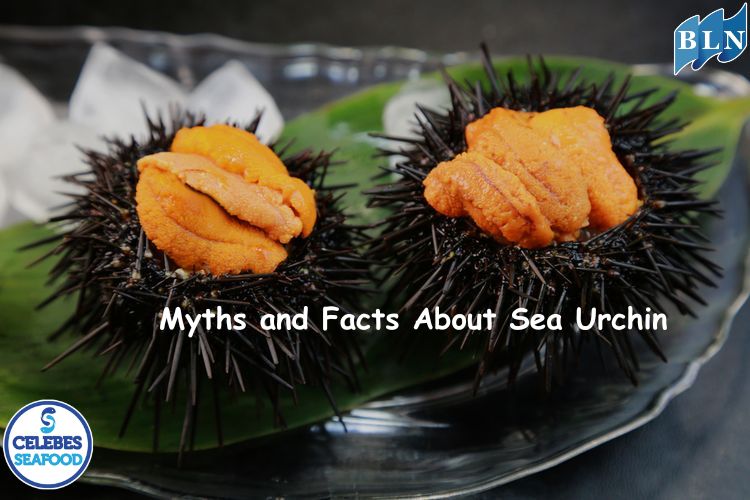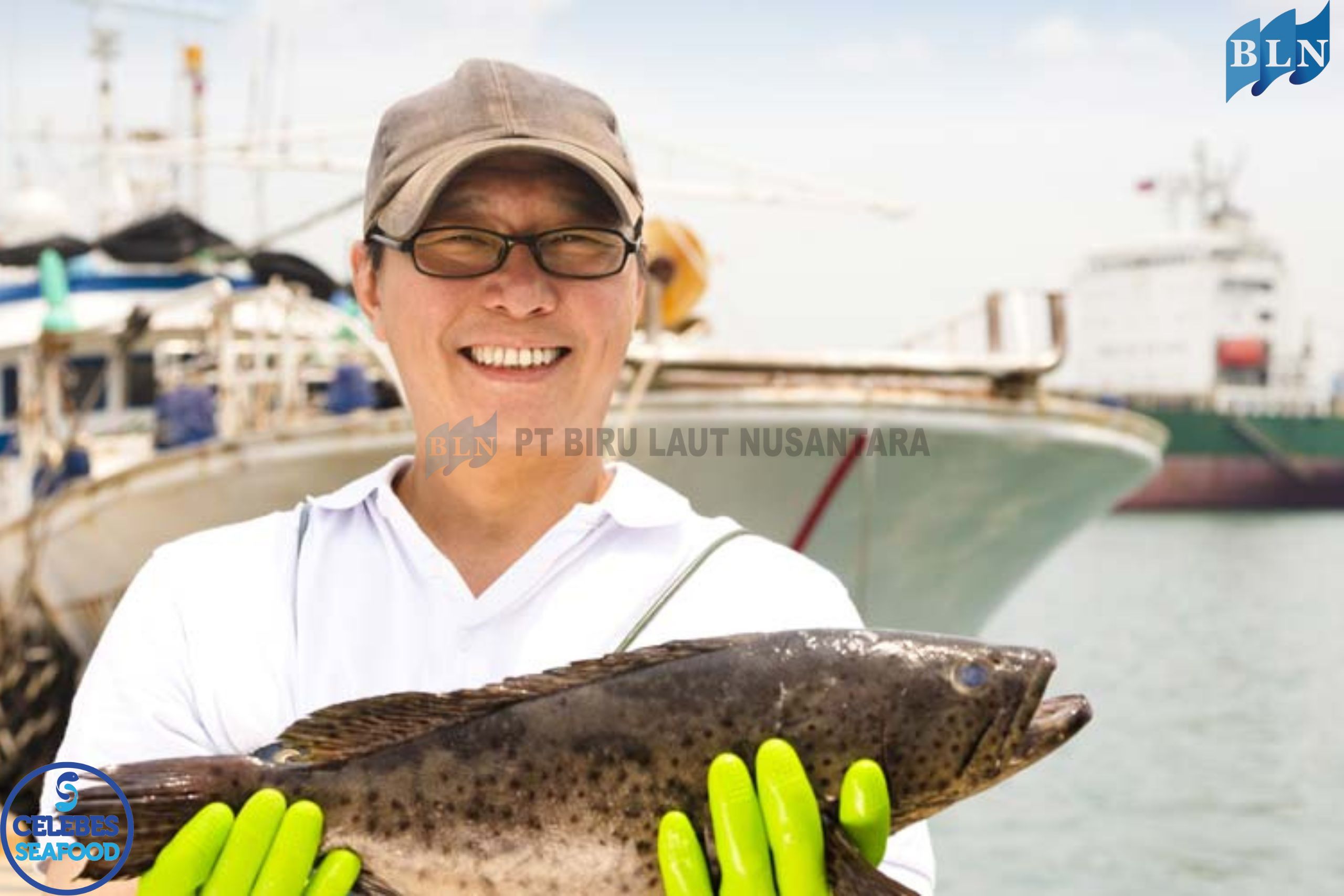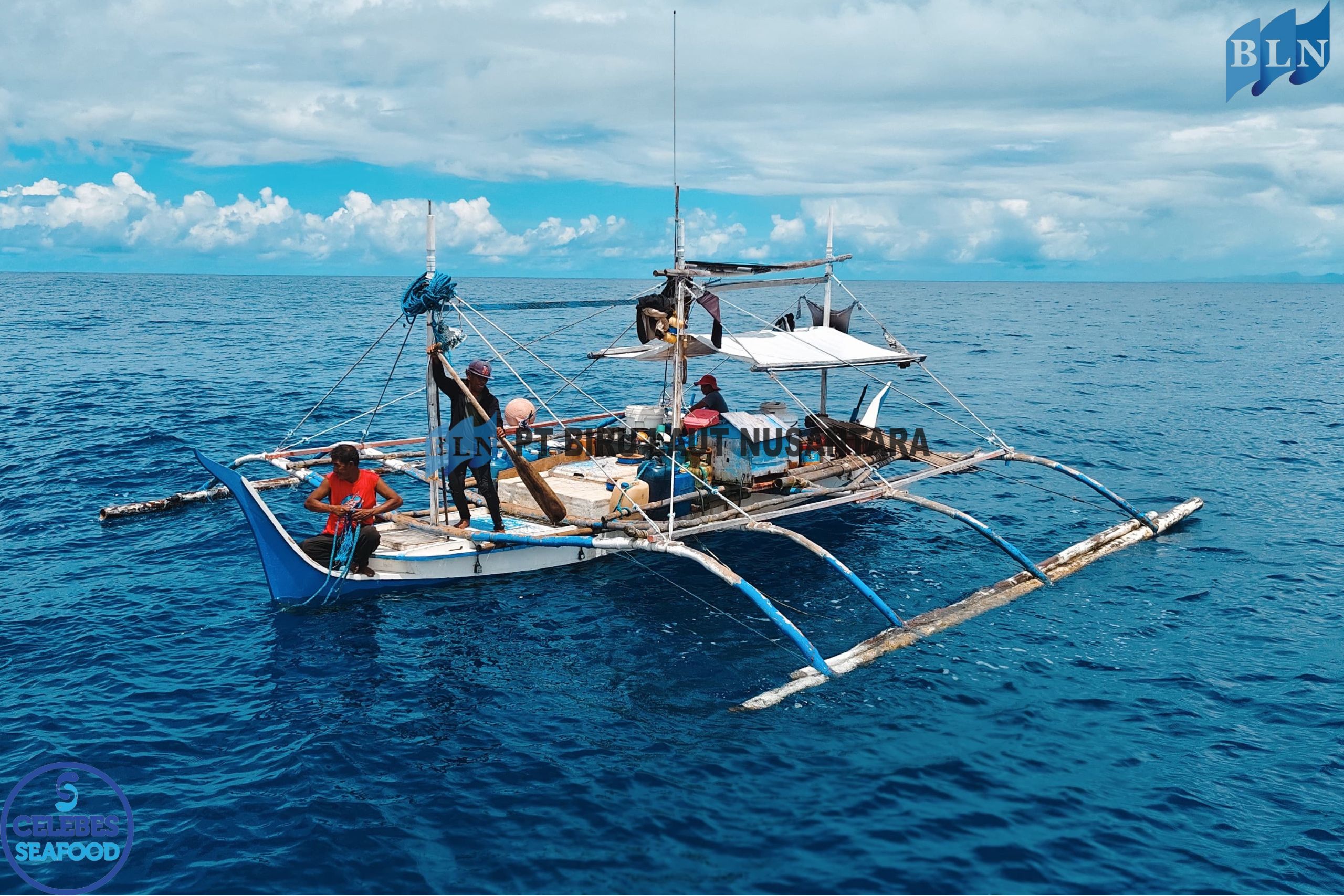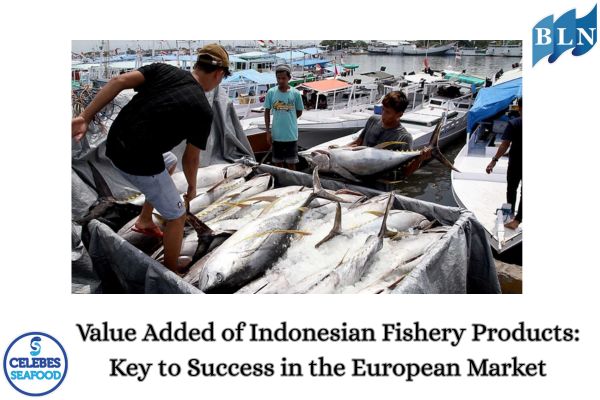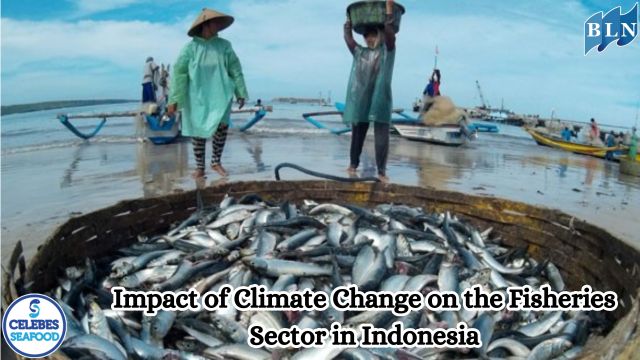How Consumer Demand is Shaping the Fishing Industry
By. Nindi - 01 Feb 2025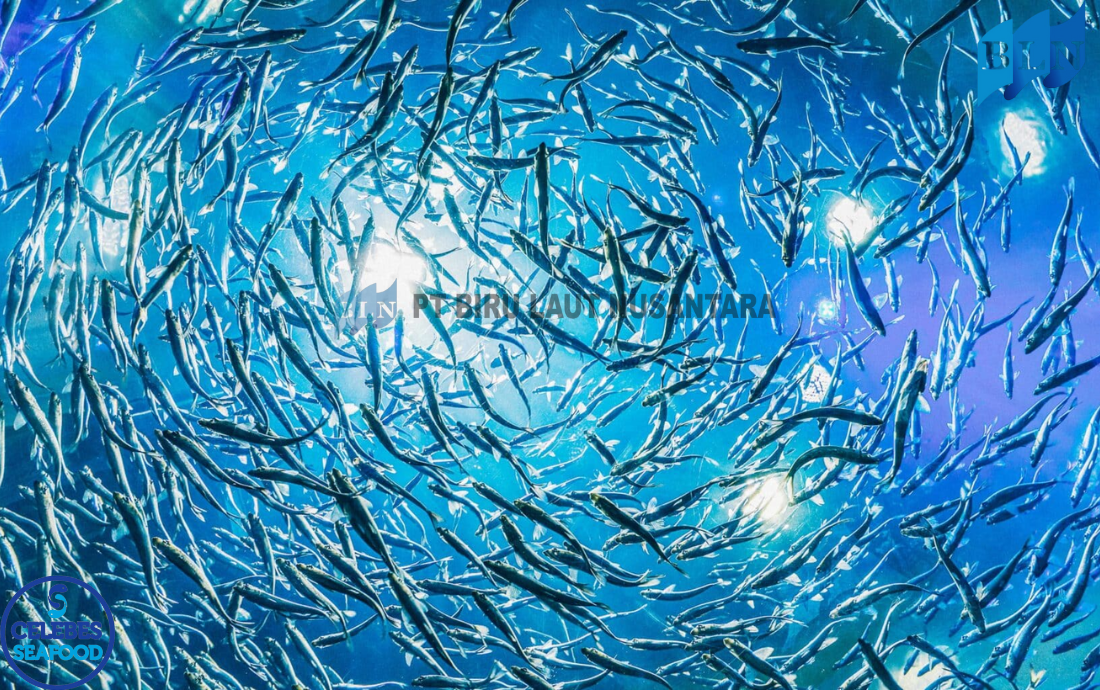
lautnusantara.com The global fishing industry plays a crucial role in feeding millions of people worldwide. As consumer preferences evolve, fishing companies must adapt to meet changing demands. Factors such as sustainability, health consciousness, and ethical sourcing significantly influence the way the industry operates. This article explores how consumer demand is shaping the fishing industry and what it means for its future.
The Shift Towards Sustainable Fishing
One of the most notable changes in consumer demand is the increasing preference for sustainably sourced seafood. Consumers are becoming more aware of the environmental impact of overfishing and unsustainable practices. As a result, they seek products that are certified by organizations like the Marine Stewardship Council (MSC) or the Aquaculture Stewardship Council (ASC).
Fishing companies have responded by implementing sustainable fishing practices, such as reducing bycatch, avoiding overexploited species, and adopting more eco-friendly fishing gear. Governments and organizations are also pushing for stricter regulations to ensure long-term sustainability.
Health Conscious Consumers and Nutritional Trends
With increasing awareness of health and nutrition, many consumers are opting for seafood as a protein-rich, low-fat alternative to red meat. This trend has led to higher demand for fish species rich in omega-3 fatty acids, such as salmon, tuna, and mackerel. Additionally, demand for organic and chemical-free seafood is on the rise.
To meet these demands, fishing companies and aquaculture farms are focusing on producing high-quality, safe, and nutritious seafood. Many are investing in better feed for farmed fish and ensuring lower levels of contaminants such as mercury and microplastics.
The Rise of Ethical and Traceable Sourcing
Ethical sourcing has become a major concern among modern consumers. Issues such as illegal fishing, labor exploitation, and human rights abuses in the fishing industry have led consumers to demand greater transparency. Many companies are now using blockchain technology and QR codes to provide traceability, allowing consumers to verify the source of their seafood and ensure it was caught or farmed under ethical conditions.
Retailers and restaurants are also responding to this demand by only sourcing seafood from verified suppliers, thereby improving industry standards.
The Impact of Alternative Seafood Products
The rise of plant-based and lab-grown seafood alternatives is also reshaping the industry. With concerns over ocean depletion and environmental impact, many consumers are turning to alternative seafood options, such as plant-based fish fillets or cell-cultured seafood. Major food tech companies are investing in these innovations, aiming to provide a sustainable and ethical seafood alternative.
While these alternatives are still in their early stages, they are expected to grow in popularity, forcing traditional fishing businesses to adapt by diversifying their offerings or collaborating with alternative seafood producers.
Consumer demand is a powerful force driving change in the fishing industry. As sustainability, health consciousness, and ethical sourcing become top priorities, companies must evolve to stay competitive. The future of the fishing industry will depend on its ability to balance consumer expectations with environmental responsibility, ensuring a healthy and sustainable supply of seafood for generations to come.
if you Interested in Our Product : Goldband Snapper Fillet Skin On, Coral Trout Fillet Skin On, Redfin Emperor Fillet Skin On, TOMATO COD WHOLE GILLED GUTTED please do not hesitate to contact us through email and/or whatsapp.
